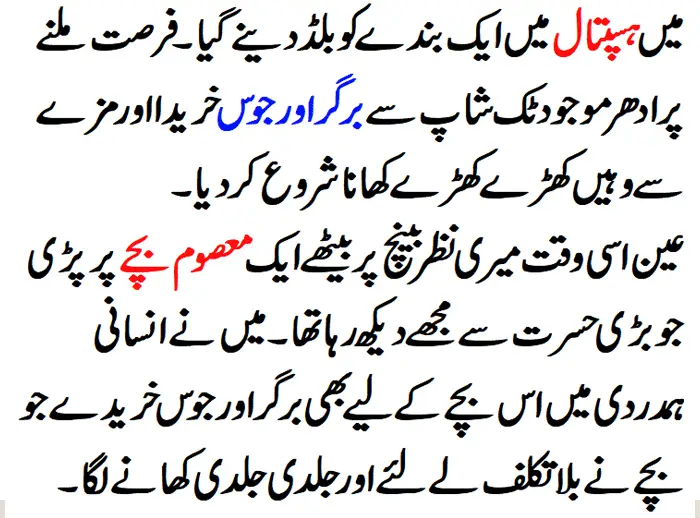
Hair fall is a common concern for many individuals, affecting both men and women. While there are numerous factors contributing to hair loss, including genetics, hormonal changes, and lifestyle choices, adopting natural remedies and selecting the right shampoo can significantly mitigate the problem.
Before we talk about stopping hair loss, it’s important to know why it happens. Stress, not getting enough nutrients, using too much styling stuff, and dirty air can make your hair weak and fall out. Also, problems with your hormones, some medicines, and health issues can make it worse. If we fix these things, we can stop hair loss better.

Natural Remedies to Prevent Hair Fall:
Balanced Diet:
Consuming a nutritious diet rich in vitamins, minerals, and proteins is crucial for maintaining healthy hair. Incorporate foods like leafy greens, eggs, nuts, fish, and fruits, which provide essential nutrients like vitamin E, biotin, and omega-3 fatty acids necessary for hair growth.

Scalp Massage:
Regular scalp massages stimulate blood circulation to the hair follicles, promoting growth and strengthening the roots. Use natural oils such as coconut, almond, or olive oil for massage, as they nourish the scalp and improve hair texture.
Herbal Treatments:
Herbal remedies like aloe vera, onion juice, and fenugreek seeds have been traditionally used to combat hair fall. Applying aloe vera gel directly to the scalp or massaging onion juice can reduce inflammation and promote hair growth. Fenugreek seeds soaked overnight and ground into a paste can be applied to the scalp to strengthen hair follicles.

Stress Management:
Chronic stress can disrupt hormone levels and contribute to hair fall. Practice relaxation techniques such as yoga, meditation, or deep breathing exercises to alleviate stress and promote overall well-being, which reflects positively on hair health.
Proper Hair Care Routine:
Adopt a gentle hair care regimen to prevent damage and breakage. Use a wide-toothed comb to detangle wet hair, avoid excessive heat styling, and minimize the use of harsh chemicals and styling products.
Choosing the Right Shampoo:
Selecting the appropriate shampoo is crucial for maintaining healthy hair and preventing hair fall. With a plethora of options available in the market, consider the following factors when choosing a shampoo:
Hair Type:
Identify your hair type (dry, oily, normal, or combination) and choose a shampoo specifically formulated to address its needs. For instance, individuals with oily scalp may benefit from clarifying shampoos, while those with dry hair should opt for moisturizing shampoos.
Ingredients:
Read the label carefully and avoid shampoos containing harsh chemicals such as sulfates, parabens, and silicones, which can strip the hair of its natural oils and cause damage. Look for natural ingredients like botanical extracts, essential oils, and vitamins that nourish and strengthen the hair.
pH Balance:
Opt for shampoos with a pH level close to that of the scalp (around 4.5 to 5.5) to maintain the natural acidity and prevent dryness or irritation. Acidic shampoos help seal the hair cuticles, making the hair smoother and less prone to breakage.
Fragrance and Allergens:
Consider your sensitivity to fragrances and potential allergens when choosing a shampoo. Fragrance-free and hypoallergenic options are suitable for individuals with sensitive scalp or skin conditions like eczema or psoriasis.
Dermatologist Recommendation:
If your scalp has problems or if there’s a health issue causing your hair to fall out, it’s best to see a skin doctor. They can recommend special shampoos that are made just for you, sometimes with medicine in them.
FAQs
Q1: Can washing hair a lot make it fall out?
A1: Washing hair often doesn’t make it fall out. But using strong shampoos or hot water can harm your hair. Use gentle shampoos and don’t wash too much.
Q2: Does pulling hair tight cause hair fall?
A2: Yes, tying hair tightly can make it fall out. Choose looser hairstyles to protect your hair.
Q3: Does water quality affect hair?
A3: Yes, hard water with lots of minerals can damage hair. Use a filter to soften water.
Q4: Do hormones affect hair fall?
A4: Yes, hormones can make hair fall out. This can happen during puberty, pregnancy, or menopause. Eating well can help.
Q5: Can pills stop hair fall?
A5: Some pills with vitamins and minerals can help. But ask a doctor before taking any pills.
In conclusion, losing hair can be upsetting, but there are ways to manage it. Using natural treatments and picking the right shampoo can help a lot. Know your hair type, check labels, and take care of your scalp for healthier hair. Just keep at it, and you’ll see better hair in the long run.






